
Researchers, content creators and journalists considered what they might learn from each other in terms of accuracy, authenticity and reach.
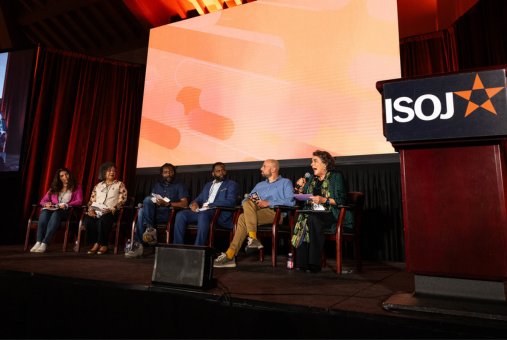
Reporters from Syria, Haiti, Malawi, Venezuela and Russia recounted restrictions on press freedom and journalism in their home countries, up to and including arrest and exile.
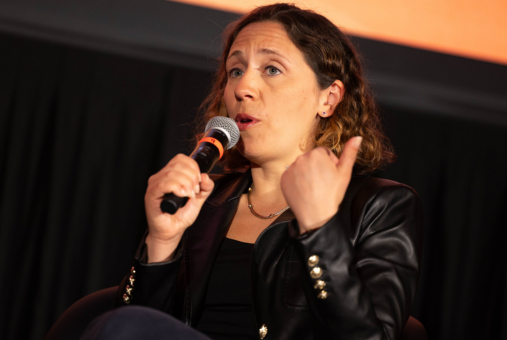
Pace told participants of the 26th International Symposium on Online Journalism that the Associated Press is fighting a ban on its reporters from the press pool and still showing up to the White House every day, despite being repeatedly turned away.
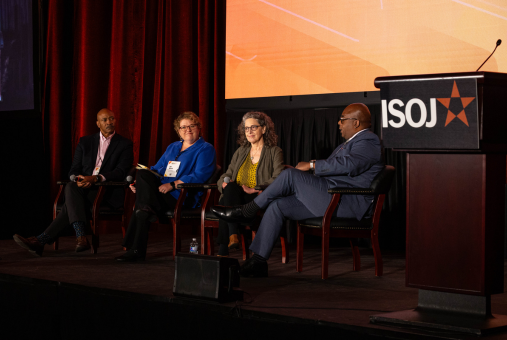
Transparency about funding and the reporting process is key to rebuilding public trust in the media amid rising attacks on the press, according to panelists at the 26th ISOJ conference.
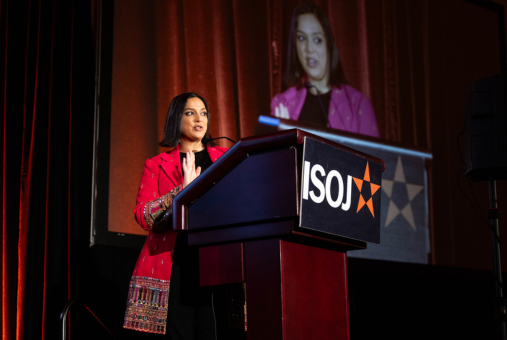
By tackling misconceptions, amplifying young voices, and balancing hard news with joyful content, Teen Vogue has built trust and engagement with the Gen Z audience, Editor Versha Sharma said at ISOJ.

With Meta ending fact-checking and X favoring allies, fact-checkers at ISOJ discuss new ways to counter disinformation and reach audiences.
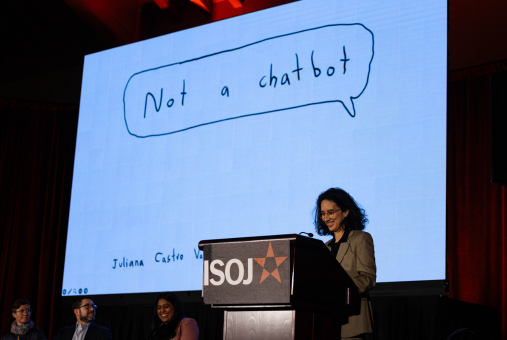
AI has quickly reshaped journalism, so how are newsrooms adapting? At ISOJ 2025, experts agreed that while AI can help reporting, storytelling, and misinformation detection, human oversight remains essential.

Speaking at the 26th ISOJ, executives from journalism funding organizations say nonprofit newsrooms must embrace collaboration, improve self-promotion and expand funding sources to ensure their long-term financial health.

Tickets to attend the 26th International Symposium on Online Journalism (ISOJ) in person in Austin, Texas, have sold out, but registration is still open for the Virtual Experience and tickets are available for just US$30.

The complete program and list of speakers for this special event, which is open to all registered participants of the 26th International Symposium on Online Journalism (ISOJ), are now available.

The practice of independent journalism in countries where democracy is in jeopardy will be the topic of discussion for the first panel on Day 2 of the 26th International Symposium on Online Journalism (ISOJ).

The first day of the 26th International Symposium on Online Journalism (ISOJ) speaks to challenges facing journalism in the digital era, including those involving financial stability, trust, building audiences and more.